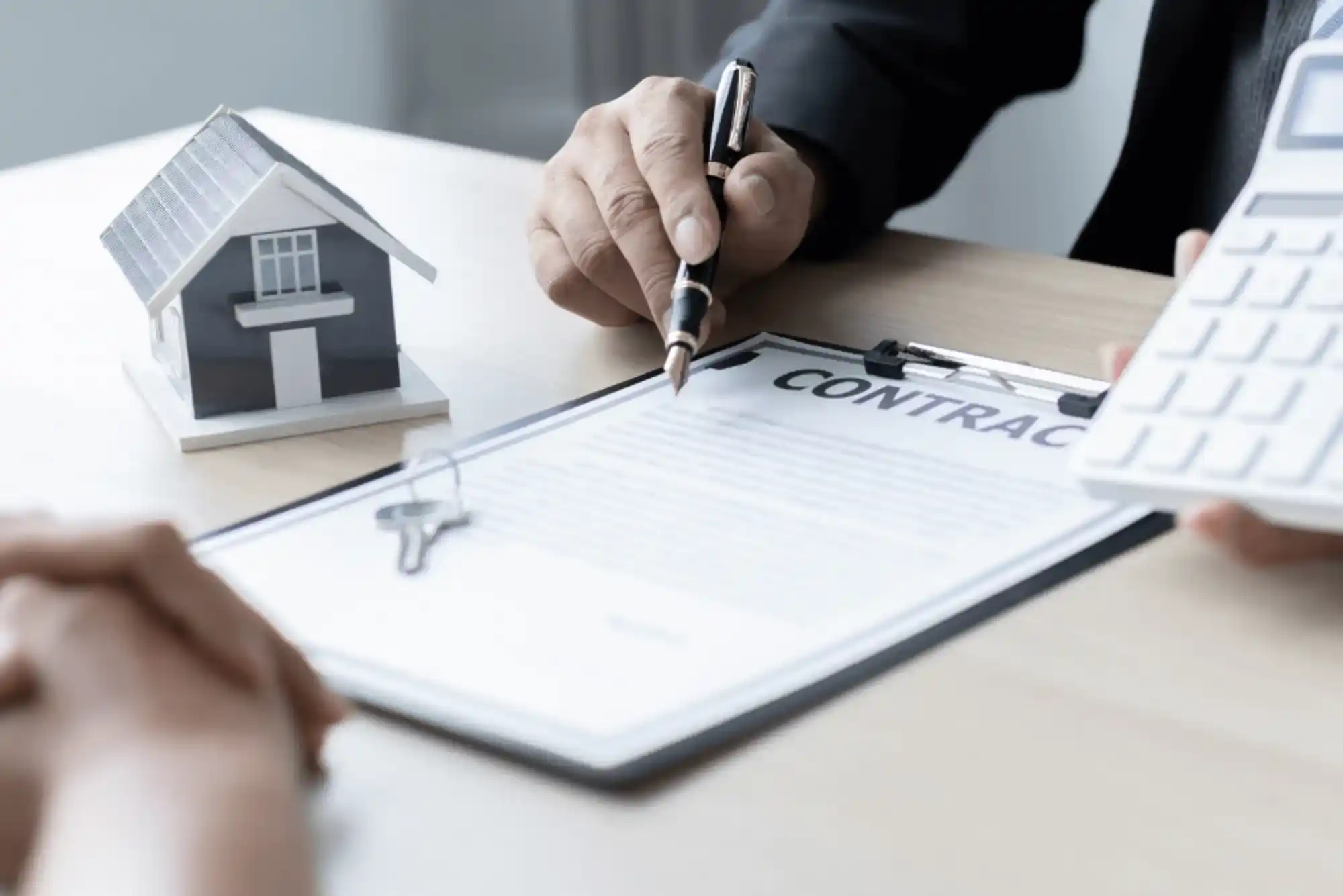Property conveyancing is a crucial aspect of buying or selling real estate in the UK. It involves the legal transfer of property ownership from one party to another, ensuring all legal requirements are met to protect the interests of both the buyer and the seller. This article provides a complete information to property conveyancing within the UK, outlining its process, timelines, fees, and responsibilities involved.
What Is Property Conveyancing?
Property conveyancing is the legal process required to transfer the title of a property from the seller to the buyer. It ensures that the buyer secures clear ownership of the property, free from any disputes or restrictions. Solicitors or licensed conveyancers handle this process to ensure compliance with legal standards. The process applies to both residential and commercial property transactions within the UK.
Key Steps in the Conveyancing Process
Instruction and Agreement of Terms
The first step involves selecting a conveyancer or solicitor to handle the property transfer. Both the buyer and seller must appoint their own legal representatives to manage the transaction independently. Once a solicitor is chosen, terms of engagement are signed, and identification checks are conducted to meet anti-money laundering regulations.
Drafting and Reviewing Contracts
The seller’s solicitor prepares a draft contract that outlines the terms and conditions of the sale. This contract includes essential details such as the agreed price, the buyer and seller’s information, and any additional terms. The buyer’s conveyancer reviews the contract thoroughly to ensure all legal aspects are covered, requesting amendments if necessary.
Property Searches and Enquiries
The buyer’s solicitor conducts property searches to identify any potential issues or restrictions. These searches typically include:
Local authority search: Checks planning permissions and building regulations compliance.
Environmental search: Identifies risks such as flooding or contamination.
Water and drainage search: Verifies access to water services and drainage infrastructure.
These searches ensure the buyer is fully aware of any factors that may affect the property.
Mortgage Offer and Survey Reports
If the buyer is financing the purchase through a mortgage, their lender will conduct a property valuation to confirm the property’s value. Additionally, the buyer may commission a structural survey to identify any underlying defects. Upon satisfactory valuation and approval, the lender issues a formal mortgage offer.
Exchange of Contracts
Once both parties are satisfied with the contract terms, searches, and survey results, the buyer and seller exchange signed contracts. This step legally binds both parties to complete the sale. At this point, the buyer is required to pay a deposit, usually 10% of the purchase price.
Completion and Final Payments
Completion is the day when ownership of the property officially transfers to the buyer. On this day, the buyer’s solicitor sends the remaining purchase funds to the seller’s solicitor. The seller vacates the property, and the buyer takes possession.
Registration with the Land Registry

After completion, the buyer’s solicitor registers the property with the UK Land Registry. This step records the new owner’s details and ensures that the title is officially transferred. The buyer also pays Stamp Duty Land Tax (if applicable) during this phase.
Common Fees Involved in Property Conveyancing
A complete information to property conveyancing within the UK must cover the various costs involved. These fees can vary depending on the property’s value and location, but typical conveyancing fees include:
Solicitor’s Fees: Professional charges for legal services, ranging from £500 to £1,500.
Search Fees: Costs for conducting essential property searches, typically between £250 and £300.
Land Registry Fees: Paid to register the new ownership; these range from £40 to £910, depending on the property value.
Stamp Duty Land Tax (SDLT): Applicable on properties over a certain threshold, with rates varying based on the purchase price.
How Long Does the Conveyancing Process Take?
The timeline for property conveyancing in the UK depends on several factors, including the complexity of the transaction and the efficiency of all parties involved. On average, the entire process takes 8 to 12 weeks. However, delays can occur due to:
Incomplete or inaccurate paperwork.
Issues uncovered during property searches.
Delays in mortgage approval.
Problems within property chains, where multiple sales are linked.
Responsibilities of Buyers and Sellers
Buyer’s Responsibilities
Appointing a solicitor or licensed conveyancer to handle legal matters.
Ensuring funds are available for the deposit and purchase price.
Reviewing contracts and raising any concerns with the solicitor.
Conducting property surveys to identify potential issues.
Arranging mortgage financing if required.
Seller’s Responsibilities
Appointing a solicitor to manage the legal transfer.
Providing accurate property details and relevant documentation.
Addressing any enquiries raised by the buyer’s solicitor.
Ensuring the property is vacated by the agreed completion date.
Role of a Solicitor or Licensed Conveyancer
Legal professionals play a pivotal role in property conveyancing. They ensure compliance with UK property laws, prepare contracts, conduct searches, and facilitate the exchange and registration of ownership. Hiring a licensed conveyancer or solicitor is essential for smooth transactions and to protect against legal disputes.
Challenges in Property Conveyancing
While property conveyancing aims to streamline the transfer process, certain challenges may arise:
Property Chain Breakdowns: When linked transactions fail, it can cause delays or cancellation.
Legal Disputes: Disagreements over contract terms or property boundaries may complicate the process.
Unexpected Fees: Buyers may encounter unforeseen costs, such as additional searches or lender fees.
Having experienced legal representation helps navigate these challenges effectively, ensuring the transaction is completed smoothly.
This article has provided a complete information to property conveyancing within the UK, covering essential steps, timelines, fees, and responsibilities. Whether buying or selling, understanding the conveyancing process is vital to avoid delays and ensure a successful property transaction. Engaging a skilled solicitor or licensed conveyancer will provide peace of mind and help manage potential challenges throughout the process.




